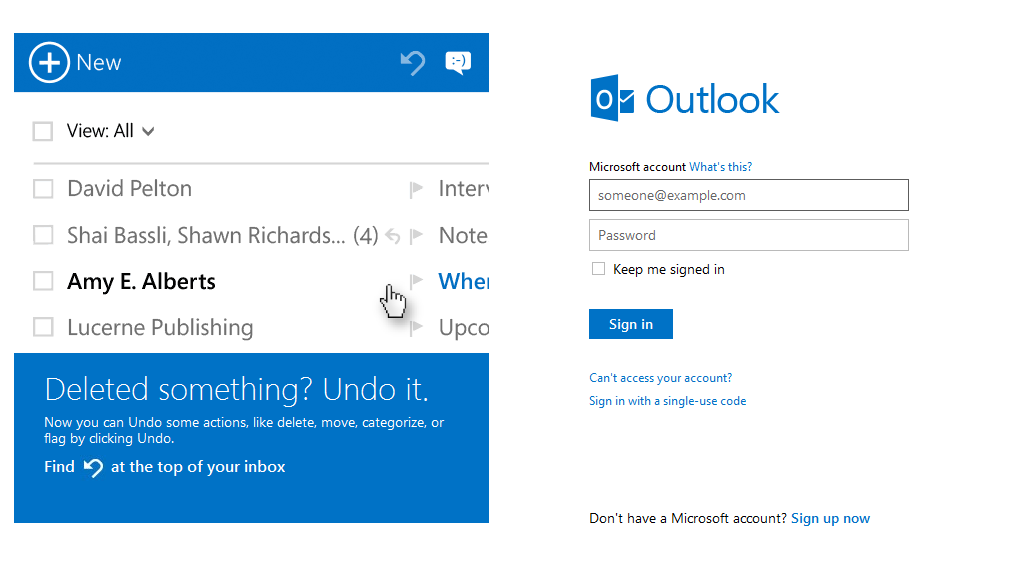
AGNP nurses require additional specialized education beyond their certification as RNs.

Ordering and interpreting diagnostic tests like lab work, x-rays, or other imagingĪccording to Debbie Conner, Ph.D., MSN, and Family Nurse Practitioner Program Chair at Franklin University, “Becoming an FNP means you have opportunities to work in a wide variety of healthcare settings, like primary care medical offices, clinics, or even in a school.”Īdult Gerontology Nurse Practitioner (AGNP)Īn Adult Gerontology Nurse Practitioner (AGNP) is an NP with a clinical focus on treating people from adolescents through adult years and into advanced years.Determining the proper course of treatment.FNPs have many clinical responsibilities and the authority to provide high levels of care: The demand for FNPs is predicted to increase by 25 percent by 2022. Nurse Practitioners (NPs) have a variety of options for specialization, and one of them is in the ever-important family practice setting. Here are just a few of the top MSN degree specializations and careers: One reason to get that MSN is the variety of powerful, influential job positions that will become available to you. Don't have a BSN? Many schools offer an RN-to-MSN program for those who hold a registered nurse certification. BSN-to-MSN programs are designed for students with a bachelor’s of science in nursing. If you’re thinking about reasons to go back to school and get your MSN, let’s explore some of the reasons it’s a good time to do that. You'll also learn how to manage quality improvement, health policy, and leadership. In a typical MSN program, you can expect to take courses around nurse team supervision, health systems, and healthcare ethics. Designed to qualify graduates for leadership or teaching positions, an MSN program might include 30-40 credit hours and take about 2 years to complete, depending on your experience and education background. The MSN is a master's level degree for professional nurses. The cause? An aging population and a shortage in nurses driven by retirement.Īs such, the master’s of science in nursing (MSN) degree has become a hot commodity as nurses seek to move into leadership roles and fill advanced positions that require the most current understanding of healthcare, patients and policy. The demand for nurses is increasing considerably.

in Nursing Master's Degree Healthcare Programs Nursing Programs


 0 kommentar(er)
0 kommentar(er)
